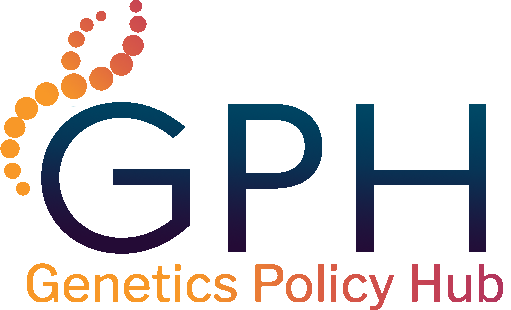From 2004 to 2024, the Health Resources and Services Administration (HRSA) funded the National Coordinating Center for the Regional Genetics Networks (NCC). NCC developed and maintained the Genetics Policy Hub.
With the conclusion of NCC funding, the Genetics Policy Hub (GPH) will no longer be updated or maintained. Information on GPH should be used for historical reference only.
Informed Consent
Updated On Sep 19, 2024
This information is meant to be used for educational purposes to inform providers, patients, and genetic service delivery stakeholders about genetics policy topics. Sharing of information, resources, or policy statements is no way an endorsement of stated positions by NCC.
Introduction
Informed consent is a process through which a patient learns about the risks, benefits, and alternatives to medical care, such as a genetic test which most often occurs with health care visits, but also can occur through participation in research trials. The process of obtaining and documenting informed consent can vary, often dependent on the setting (i.e., research vs clinical care) and what is being consented to (i.e., blood pressure reading vs major surgery).
For an in-depth discussion of informed consent, including special considerations for genomics research, please visit the National Human Genome Research Institute’s website which includes information about Informed Consent and answers frequently asked questions about clinical research.
Some scenarios that involve the ethics surrounding informed consent follow:
- A nurse gives a patient an ‘informed consent’ form that she must sign prior to having an elective procedure. The form lists the possible complications of the procedure. The nurse notices that the patient signed the form, but did not read it. As the patient had the option of learning about the possible complications, but chose not to learn about them, has she given informed consent?
- An adult male is about to have surgery. He is very anxious about the procedure. He doesn’t want to hear about possible complications as that will make him more anxious. He tells the doctor that he’d prefer his wife to learn about the complications. If his wife is okay with the surgery, then he wants to have it. The wife learns about the surgery and gives her okay. Has informed consent been obtained?
- A man is brought into the ER. He refuses treatment. His providers believe that he is not competent to make his own decisions on medical care and want to give him medical care against his wishes. When can providers override a patient’s wishes?
- A woman with lymphoma who has failed numerous other chemotherapy treatments is at the office to possibly enroll in a clinical trial. The PA goes through the informed consent line-by-line, but worries that the patient has unrealistic expectations of how effective the experimental therapy can be in extending her life. The patient did not appear to be paying attention and hurriedly signed the informed consent without any questions. Are the PA’s concerns valid that true informed consent was not obtained?
Legislation and Regulation
Many agencies that regulate hospitals and medical providers have issued regulations on informed consent. For example, Centers for Medicare & Medicaid Services (CMS) and The Joint Commission (TJC) both have policies for obtaining informed consent.
There are also regulations specific to research. The Office for Human Research Protections website has a Frequently Asked Questions (FAQ) section about informed consent which helps to summarize those regulations as they apply to both adults and children.
Are you interested in learning what your state’s government or the federal government are currently proposing for either legislation or regulation? Check out Legislative/Tracking system for up-to-date information and subscribe to our Twitter channel to get the latest updates in your pocket.
Policy Positions
Organizations working within the genetics community (national genetic organizations, advocacy organizations, etc.) have published positions on informed consent. Explore these position statements below.

